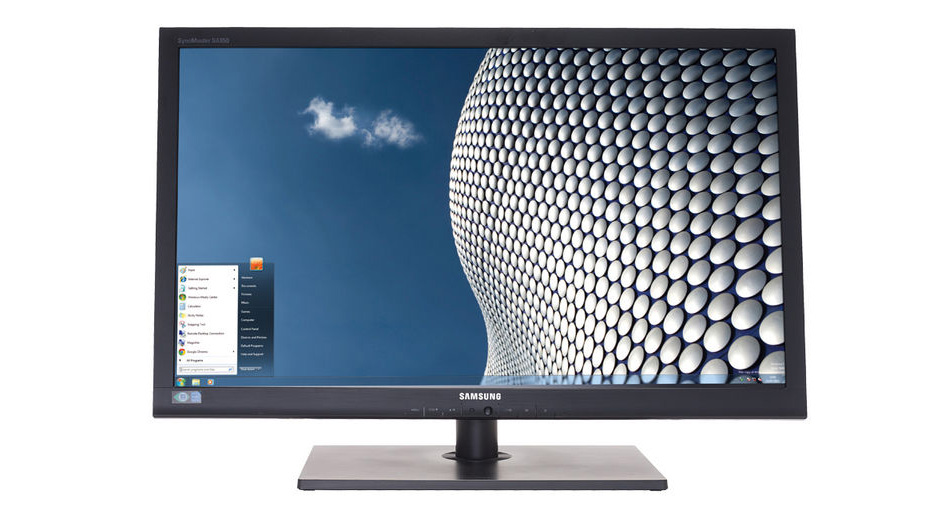Where are all the 120Hz IPS screens?
It's time to start campaigning for monitors with high refresh rates and IPS panels

Sign up for breaking news, reviews, opinion, top tech deals, and more.
You are now subscribed
Your newsletter sign-up was successful
An IPS monitor with 120Hz refresh. It's the holy grail of PC displays. So why can't you buy one?
First, let's wind things back briefly and put some basic markers down. IPS refers to a particular type of LCD panel technology, specifically In-Plane Switching. The details don't really matter other than to understand that IPS has the best colour accuracy, great viewing angles and good contrast.
The comparison here is mainly with cheaper TN panels that have the sole advantage of being a bit quicker to respond. TN is worse in every other objective regard.
To slightly confuse the issue, there is another premium panel tech, known as VA or Vertical Alignment. VA does have some advantages, most notably great contrast, but IPS is where all the action is and, anyway, VA screens have pixel response issues that probably make them less than ideal for really high refresh monitors.
For the sake of argument, then, let's just agree that IPS is where it's at. The other part of the equation is 120Hz refresh. In my view, the whole notion of high refresh rate displays has been devalued by the HDTV industry and it's 200Hz-and-beyond willy waving.
I'm not saying that high refresh is completely without value on HDTVs. But given that there isn't any mainstream video content available encoded in frame rates anywhere near 100MHz, much less 200Hz, it's a bit of a hack and all rather misleading.
But not for PCs. Intriguingly, monitors with high refresh rates haven't appeared in response to any image quality demands. They exist because that's what's required to support stereoscopic 3D
Sign up for breaking news, reviews, opinion, top tech deals, and more.
based on active shutter glasses, like Nvidia's 3D Vision.
Since each eye is being shown alternate frames from a slightly different viewing angle, you need to double the frame rate of a conventional PC. Thus, twice 60Hz is 120Hz.
Thing is, as soon as hardware hacks like yours truly got their hands on high refresh 3D monitors, they noticed that 120Hz is great for nearly everything (except video playback where, not a little ironically, it makes no difference).
In short, 120Hz makes movement of all kinds more fluid. That means everything from the mouse pointer to pushing windows around the desktop and scrolling.
Prices going up, not down
The biggie, of course, is buttery smooth 120Hz gaming. And 120Hz gaming is great. But it's the broader impact that excites me. 120Hz is great for everything.
To date, however, 120Hz monitors have been TN panels. Well, very nearly all. Internet forums have been a-buzz of late with news of preposterously cheap 27-inch IPS screens from Korea that support 120Hz (google "Yamakasi Catleap" and settle yourself in for a long afternoon's reading).
It seems a batch of these 120Hz capable things were distributed on ebay for roughly £200 and as far as I can tell, they're the real deal. Since then, prices have edged up and it seems the circuit boards have changed and no longer truly support 120Hz. There have also been reports of scary failure rates and I wouldn't fancy trying an RMA on a product bought from a Korean ebay vendor. By all accounts, the build quality is pretty average.
But I digress. The important thing is that these things appear to have existed, if only briefly, and at very low cost. So 120Hz with IPS is clearly doable. And the more people who jump up and down at the prospect getting excited, the more likely one of the mainstream brands is to run with the idea.
Technology and cars. Increasingly the twain shall meet. Which is handy, because Jeremy (Twitter) is addicted to both. Long-time tech journalist, former editor of iCar magazine and incumbent car guru for T3 magazine, Jeremy reckons in-car technology is about to go thermonuclear. No, not exploding cars. That would be silly. And dangerous. But rather an explosive period of unprecedented innovation. Enjoy the ride.